Résultats de la recherche pour : Julia Mart��nez Ari��o
Revue de presse, 24 septembre
Arabie Saoudite
"Au moins 310 personnes ont trouvé la mort et 450 autres ont été blessées dans une bousculade de pèlerins jeudi à Mina, près de la Mecque, selon un nouveau bilan des services de la Défense civile saoudienne. Des opérations de secours sont en cours, «le nombre de morts a atteint 310 et celui des blessés 450», ont indiqué ces services. Ils avaient fait auparavant état de 220 morts et 400 blessés, après un premier bilan de 100 morts et de 390 blessés" — Bousculade à la Mecque : au moins 310 morts et 450 blessés (Le Soir)
"A La Mecque, les pèlerins se sont rassemblés mercredi 23 septembre pour prier sur le mont Arafat, temps fort du hadj en Arabie saoudite, qui réunit cette année plus de deux millions de musulmans venus du monde entier" — En Arabie saoudite, deux millions de pèlerins affluent sur le mont Arafat (AFP, Le Monde)
Le pape François chez les Vaudois
A la fin du mois de juin, la presse italienne a abondamment relayé la visite du pape François aux Vaudois de Turin. La « Chiesa valdese », l’Eglise vaudoise, constitue en effet une importante minorité chrétienne en Italie. Elle est la plus anciennement ancrée dans le pays et constitue une sérieuse concurrente pour l’Eglise catholique dans le domaine des recettes fiscales. Par sa présence et par ses paroles réconciliatrices, François a pris ses distances avec plusieurs siècles d’opposition et de persécution à l’égard des Vaudois. Sa visite au temple de Turin s’inscrit dans une politique plus large d’ouverture à l’égard des communautés protestantes, surtout à l’égard de celles qui se distinguent par leur fort engagement social.
Revue de presse, 19 au 21 septembre
Voyage papal à Cuba et aux USA
"Le pape François quitte Rome ce samedi pour Cuba; il y restera jusqu'à mardi soir, avant de se rendre aux Etats-Unis; il rencontrera le chef de l'Etat, Raul Castro et, peut-être, Fidel Castro. François célébrera la messe à La Havane, dimanche, devant une assistance attendue de plusieurs centaines de milliers de personnes, et une autre à Holguin (nord-est de l'île). Il se rendra aussi à Santiago de Cuba (est)" — Cuba tient une place spéciale dans le cœur du Vatican (Marie-France Cross, La Libre)
"Le pape François, qui est arrivé samedi 19 septembre sur l'île des Caraïbes, a présenté la normalisation en cours des relations entre Cuba et les États-Unis 'comme exemple de réconciliation pour le monde entier'" — De Cuba aux Etats-Unis, un voyage pour la réconciliation (Céline Hoyeau et Sébastien Maillard, La Croix)
Revue de presse, 9 septembre
Réfugiés
"Pour Laszlo Kiss-Rigó, un évêque du sud de la Hongrie, le pape François ne sait pas de quoi il parle. L'afflux de réfugiés n'est pas une crise humanitaire, mais 'une invasion', explique-t-il" — Hongrie. Un évêque se rebelle contre l'appel du pape pour l'accueil des réfugiés (Courrier International)
Réfugiés : les chrétiens se mobilisent (Un dossier de La Croix)
Austria
Austria has, on the one hand, a strong Catholic tradition and on the other hand, has had long experience in coping legally with religious pluralism, due to its geopolitical position in the center of Europe, which created a multi-confessional society in earlier times. Over the last decades this system has expanded, but has also been subject to multiple challenges from developments which are partly converging and partly conflicting: an on-going secularization, a steady increase in religious pluralisation mainly ensuing from a growing number of Muslim and Orthodox immigrants — as well as Catholics with a foreign cultural background —, new forms of spirituality and a growing public interest in religion.
Croatia
Croatia is a predominantly Catholic country in which religion is significantly present in private life as well as in the public sphere, where its role has been subject to debate. According to 2011 Census data, 86.28 % of the population is Catholic, 4.44 % Orthodox, 1.47 % Muslim, 0.34 % Protestant, 0.43 % member of other religious denominations, and 7.03 % non-religious, atheist, “not declared”, agnostic, sceptic, or “unknown”. A comparison with 2001 Census data reveals almost no changes, while a comparison with 1991 Census data shows that major shifts in the confessional structure have taken place, i.e. an increase of the number of Catholics and a decrease of the number of Orthodox, mainly as a result of the disintegration of former Yugoslavia and the war for Croatian independence. Thus the share of Catholics has risen from 76.5 % in 1991 to 87.97 % in 2001, while the share of Orthodox has dropped from 11.1 % in 1991 to 4.42 % in 2011. There has also been a small but significant rise in the share of non-believers, “not declared”, agnostics and “unknown”: from 3.9 % in 1991 to 7.03 % in 2011 (Croatian Bureau of Statistics, Census data).
Cyprus
After 1974, the Republic of Cyprus became an overwhelmingly Orthodox country. Institutionally, the Church is completely outside of the State’s control. The Church of Cyprus’ multifaceted and multiple activities have an impact upon the island’s economic and cultural life, while the Church is also active in international forums. Since 2006, the Church has acquired a full Synod and hence it has become fully autonomous. The ecclesiastical institutions were hurt extensively by the 2008 crisis. However, they have been able to offer a multitude of charitable aid to the people. By European standards, the extent of secularization in the Republic remains low.
Czech Republic
The history of Christianity in Czech lands goes back to the 9th century when prince Bořivoj I. was baptized. In the early 15th century, Jan Hus, a reformist priest and predecessor of the Protestant movement, was burned for heresy against Catholic doctrine. This initiated the Hussite movement (also known as the Czech Reformation) that introduced Protestantism into Czech lands. After 1620, the Habsburg-led Counter-Reformation strived for the suppression of Protestantism and the (largely successful) re-Catholization of the Czech population. From the late 18th century on, more space was opened for Protestant denominations; however, Catholicism remained the dominant religion in Czech lands.
Germany
For some decades now, the nature of the relations between politics and religion in Germany has been the subject of profound mutations that are linked to secularization, to the growing importance of the so-called Konfessionslose, to religious individualization and pluralization and, most importantly, to the ever increasing presence of Islam. These evolutions, which tend to question the bi-confessional protestant-catholic balance that has for long been considered an essential dimension of German collective identity, shake up the representations of a society that has difficulties imagining pluralism and confessional neutrality without any reference to Christianity. Thus public authorities have to find political and legal means of reconciling the protection of freedom of conscience and religion, the principle of State neutrality, and equal treatment of all religious communities.
Greece
The role of religion within the Greek social space is hegemonic. The Orthodox Church is by far the pre-dominant religious organization. The Old-Calendarists (i.e. the Orthodox using the Julian calendar) and the Islamic community, the members of which reside both in Western Thrace and the urban centres, are the most numerous religious minorities. Recently, other cults, such as the Jehovah’s Witnesses, have expanded their activities. Despite the recent secularization trends, the political influence of the Church remains significant.





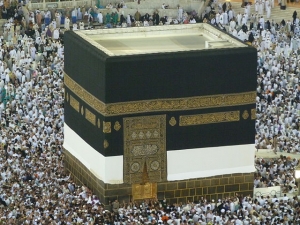
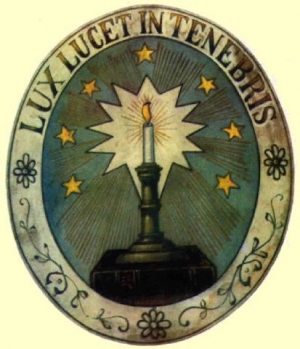
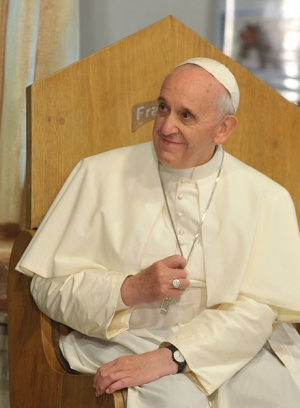
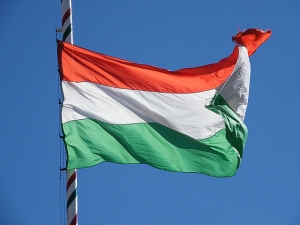
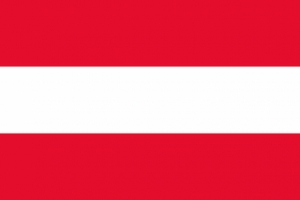
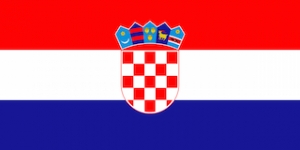
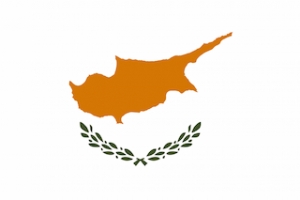
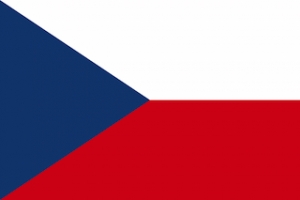
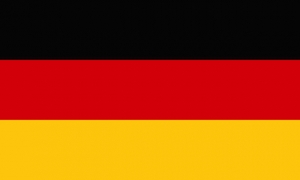
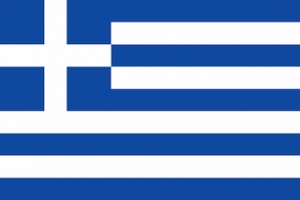
 MangoGem
MangoGem